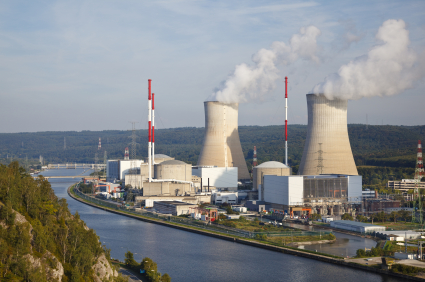
Lawmakers study the nuclear disaster in Japan and debate the necessity of improvements to American nuclear safety.
Japan’s nuclear disaster has sparked a vigorous debate in Congress about the extent to which the U.S. would be prepared for a similar crisis.
Representative Edward Markey (D-MA) recently argued in a letter to President Obama that no federal agency was prepared to take control in the event of a nuclear emergency. Markey cited a study that showed that the Environmental Protection Agency, the Nuclear Regulatory Commission(NRC), and the Federal Emergency Management Agency (FEMA) disagree about which agency would take the lead in coordinating a response to a nuclear emergency.
Last week, a House subcommittee responsible for emergency management held a hearing on improving the nation’s preparedness for catastophic disasters, including those caused by destruction to nuclear power plants. According to the subcommittee’s briefing memorandum for the hearing, the NRA and FEMA share responsibility for “emergency preparedness for licensed nuclear power plants.”
In another hearing, NRC Chair Gregory Jaczko testified that his agency has been closely reviewing the safety of American nuclear power plants since the Japanese disaster and that he is confident of their safety. NRC’s Executive Director for Operations, William Borchardt, has reportedly said that the U.S. does not need to make any major changes in nuclear safety at this time.
President Obama has directed the NRC to learn from the Japanese disaster. At the same time, he also continues to urge his administration to move forward with efforts to expand funding for new nuclear power plants. In Philadelphia yesterday, the President included nuclear power in a list of “clean sources” of energy, as he repeated his goal to have 80 percent of the nation’s electricity come from renewables or other clean energy sources by the year 2035.



